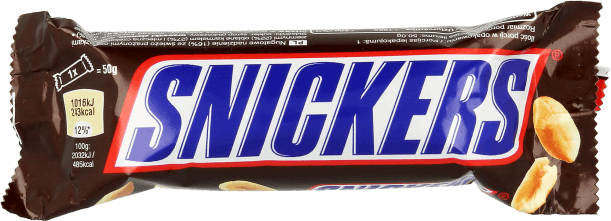
Mars, Rodenburg, and Taghleef have been announced as the winner of the 2016 ‘Oskar’ in the bioplastics industry for its bio-based film made from potato waste starch. The innovative packaging solution is a joint development by Mars, Rodenburg Biopolymers, and Taghleef Industries. Mondi’s Consumer Goods Packaging plant Solec in Poland was also involved as converter of the wrapper. This innovative packaging meets the ever-increasing trend for sustainable packaging solutions. The bio-based packaging for Mars and Snickers bars avoids fossil resources by using starch derived from the waste water of the potato processing industry. The joint project, which started in 2012, involves Rodenburg Biopolymers, which produced the raw material, Taghleef Industries, which manufactured the film, Mondi Consumer Goods Packaging, which printed the final packaging, and Mars, which packed its chocolate bars using the film. This new material has not in any way compromised the efficiency of Mars’ packaging lines – the running speed is equivalent to that achieved with standard polypropylene films. Rodenburg Biopolymers developed a tailor-made compound based on second generation starch derived from waste water of the potato processing industry. . Taghleef Industries then extruded Rodenburg’s compound on their BoPLA line at their Italian plant in San Giorgio di Nogaro into a biaxially oriented white voided film: NATIVIA® NESS. With thicknesses of 40 and 50 μm, NATIVIA® NESS has a white pearlescent appearance, good opacity, high yield, is heat sealable (MST= 85°C) and cold seal receptive. This new generation of bi-oriented and bio-based films fulfils all product protection requirements for chocolate packaging, is food approved and is able to meet the same speed of BOPP films on packaging lines. Mondi Solec in Poland converted the film through rotogravure printing and application of cold seal and release lacquer. The printing process was more challenging than for standard OPP films due to the distinctive behaviour of the new film on the printing line, (e.g. film shrinkage caused by the heat generated during printing).






